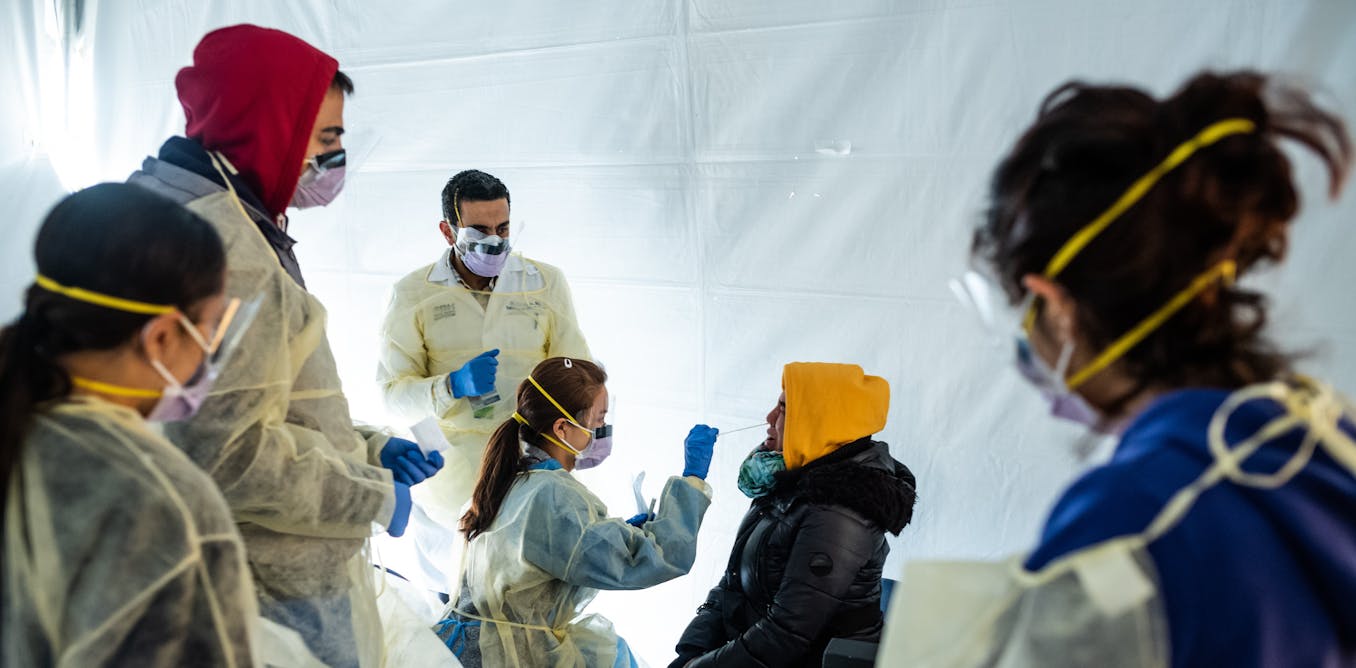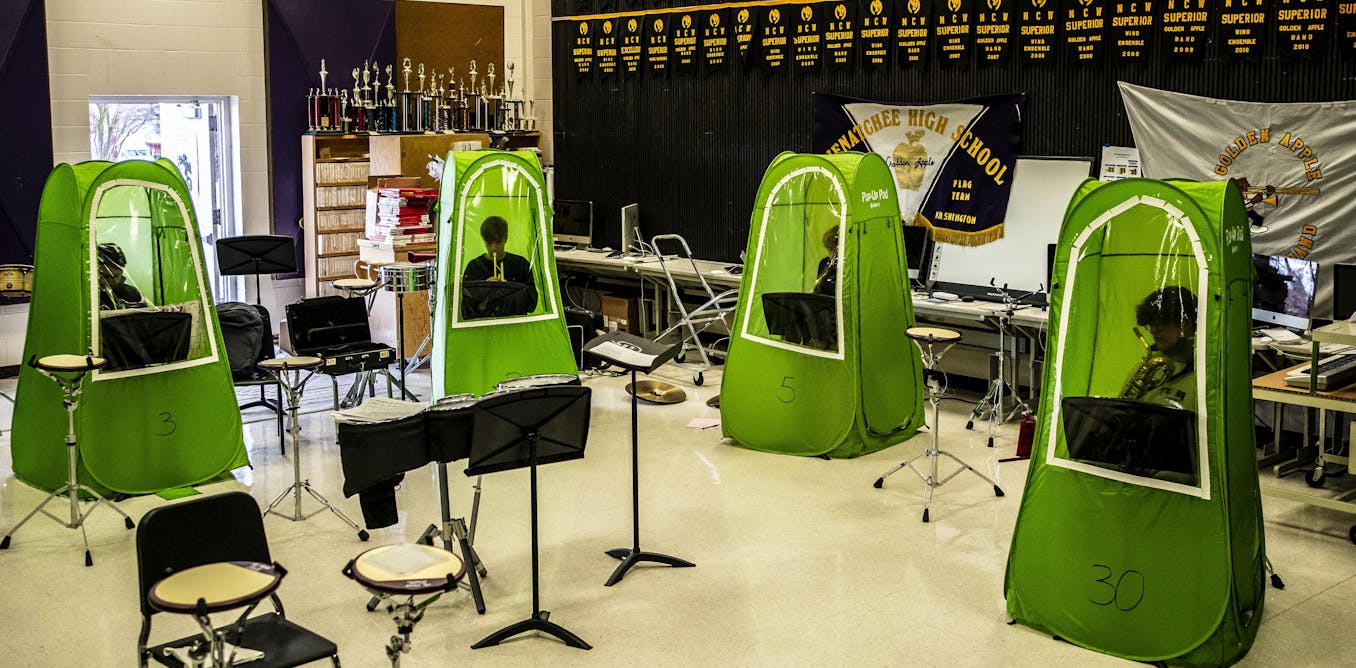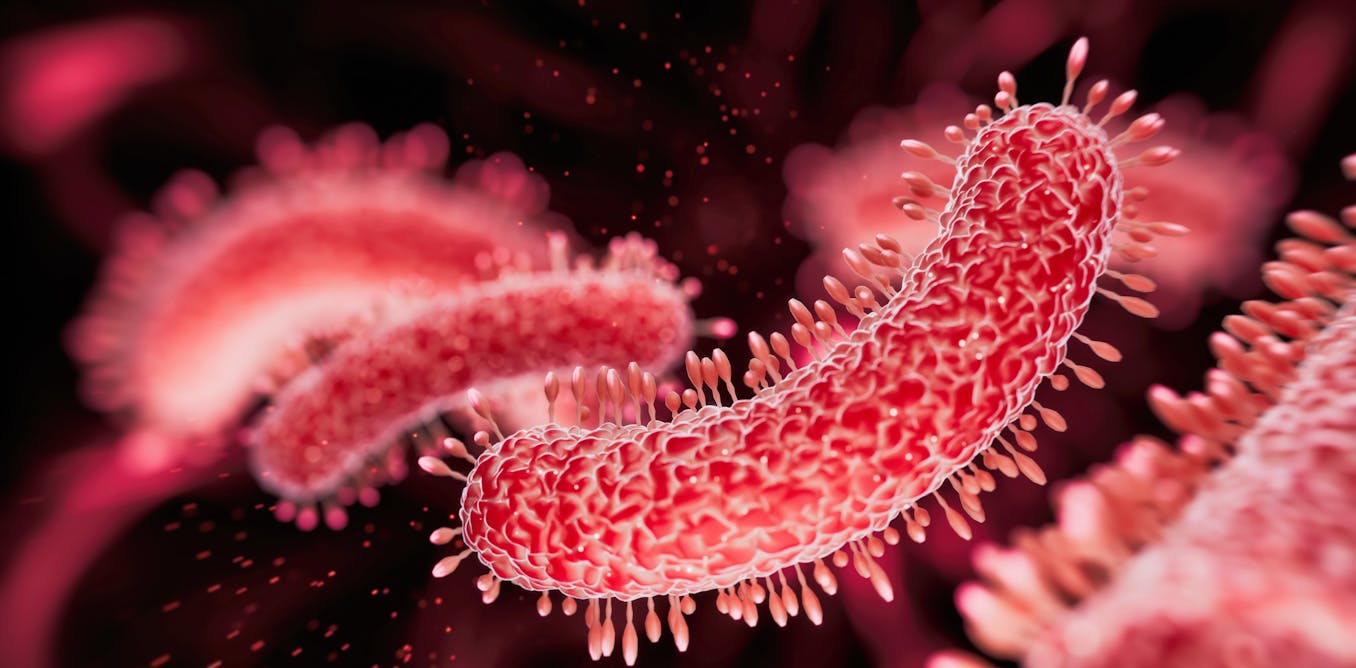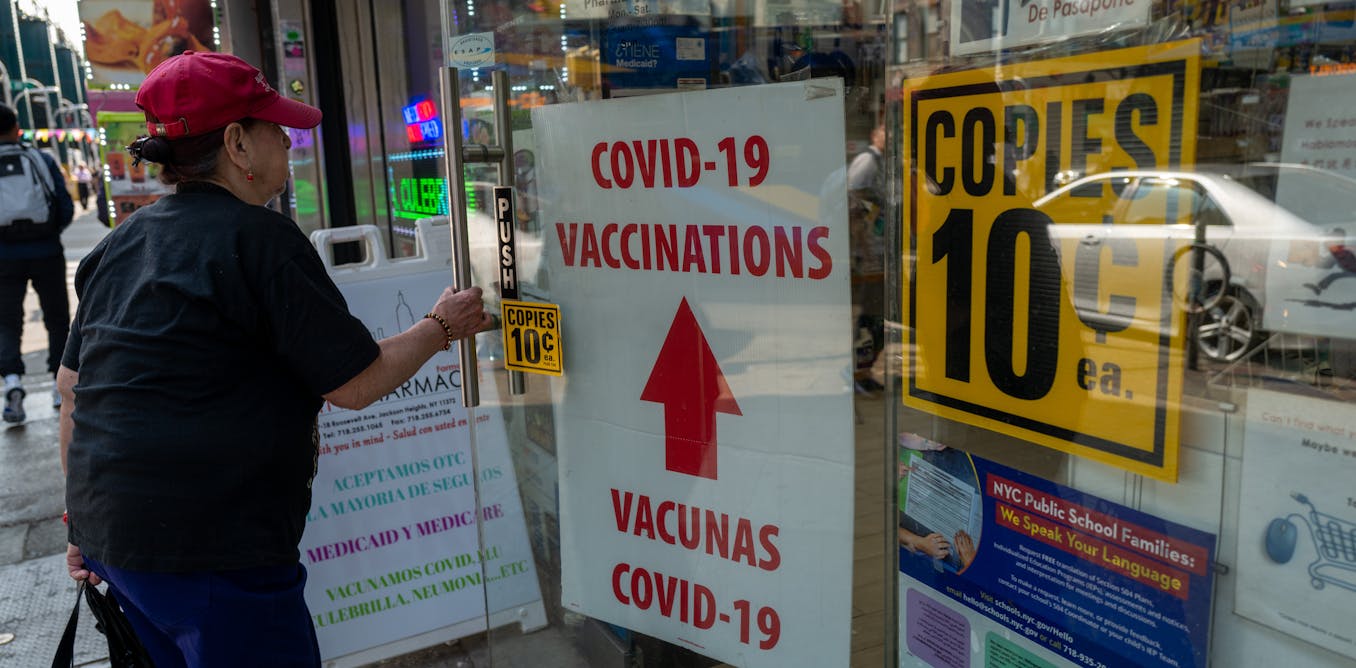5 years on, true counts of COVID-19 deaths remain elusive − and research is hobbled by lack of data
Death data in the US is fragmented, incomplete and inconsistent. The consequences of undercounted deaths and lack of real-time tracking continue to be felt with each new public health crisis.
March 20, 2025 • ~10 min







